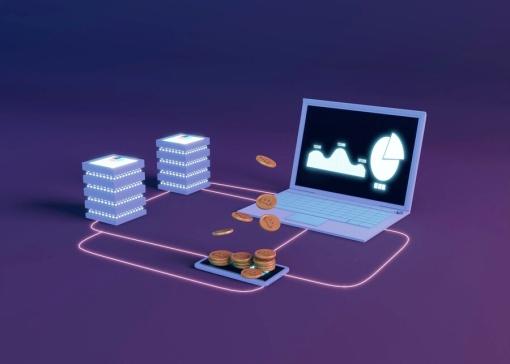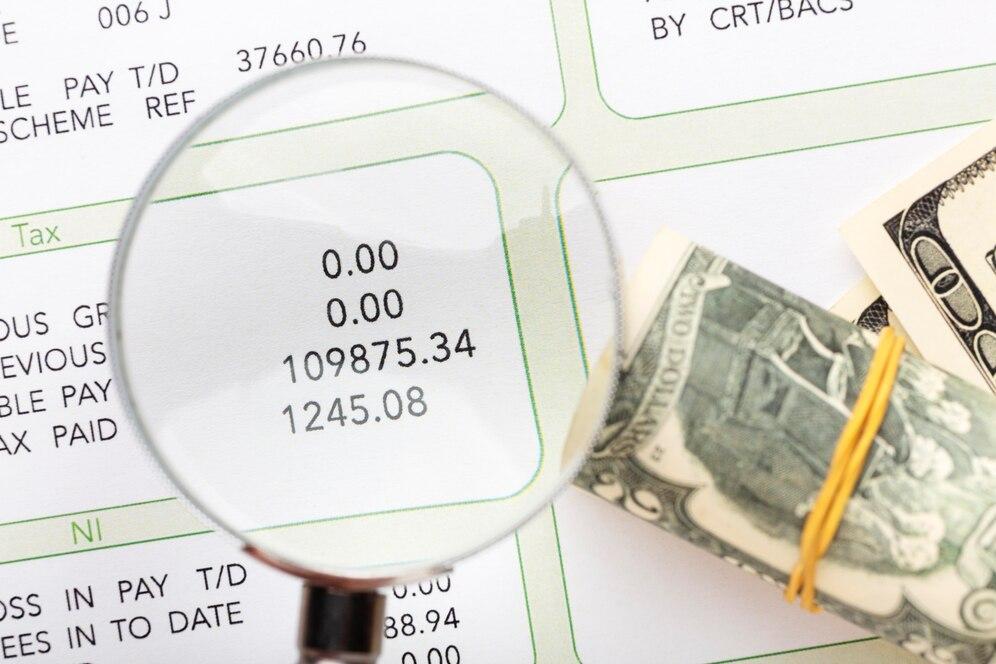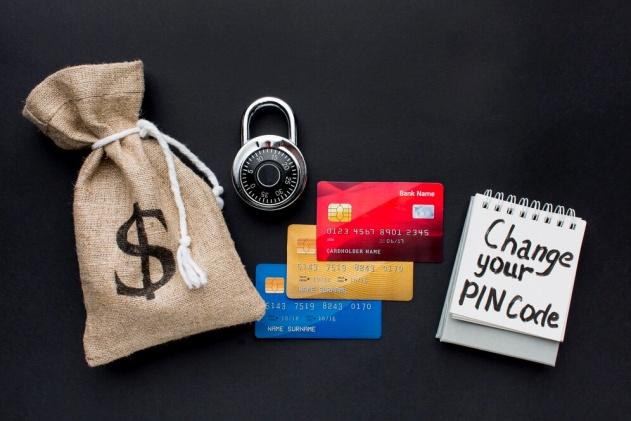The modern lending and loan market offers many opportunities, but it is also susceptible to fraud. Fraud schemes can lead to significant financial losses and negatively impact a borrower's credit history. It is important to know how to recognize fraudsters and protect yourself from potential financial losses.
Types of Fraud Schemes
Fraud schemes with loans and credits come in various forms. Each of them can be quite cunning, so attentiveness and awareness are required to recognize them.
One of the most common schemes is the creation of fake credit companies. Credit fraudsters may offer funds with low interest rates and entice people with promises of instant approval. Usually, scammers create websites that look professional on the outside, with contact information and reviews, which may also be fake.
Fraudsters often require advance payments or some fees before approving a loan application. This may involve directly transferring money to an account, paying for insurance, or even subscribing to services that have nothing to do with lending. Once such a payment is made, it becomes almost impossible for the borrower to get the money back, and the loan application itself turns out to be just a trick.

False Credit Advertisements
An equally common scheme is false credit advertisements. These schemes can be found on various online platforms, including social networks and online classifieds. Usually, such advertisements contain enticing offers that sound too good to be true, such as "loans without credit history check" or "loans at 0%".
Often, fake lenders use persistent pressure tactics. They may call or write to potential clients, offering their services. If a borrower shows interest, they may be forced to provide personal data or even financial information, opening access to possible high-risk identity theft.
Misuse of Personal Data
The third type of fraud scheme is related to the misuse of borrowers' personal data. Fraudsters can enter into credit agreements in the victim's name, using their personal data, such as name, passport number, social security number, or other documents.
To protect yourself from this scheme, it is necessary to monitor your credit history. In Russia, there are organizations that allow borrowers to check their credit history and monitor changes. If suspicious activity is detected, it is important to immediately contact the bank and document any incidents to start the settlement process.

How to Recognize Fraud Schemes
Recognizing fraud can be a challenging task, as fraudsters constantly adapt their methods. However, there are several key signs to watch for to avoid falling into a trap.
- Lack of company information. If a credit company does not provide clear contact information, this may be a sign of fraud. Legitimate companies always have a registered office, phone numbers, and other contact details. If you cannot find information about the company in open sources or cannot reach them via the provided phone numbers, you should be cautious.
- Too attractive conditions. If the credit conditions seem too fantastic, this may be a signal of fraud. For example, offers with unrealistically low interest rates, no need to provide documents, or no credit history check should raise suspicions. It is important to remember the phrase in the financial sphere: "Free cheese is only found in a mousetrap." It is better not to trust offers that seem overly beneficial.
- Pressure on the borrower. Fraudsters often use manipulation and pressure tactics on potential clients to force them to make a hasty decision. If a lender starts imposing their services on you, threatening consequences for delay, and insisting on an immediate decision about the loan, you should question their integrity.

Protecting Borrowers
It is important to know how to protect yourself from fraud schemes related to loans and credits. Borrower protection involves a series of steps that help minimize risks.
Before accepting any credit offer, it is worth conducting a thorough check of the company offering financial services. This process includes searching for information about the team, studying reviews and recommendations, and possibly verifying the lender's licenses. On the website of the Central Bank of Russia, you can find information about registered credit organizations and obtain necessary information about reliability.
Before signing a contract, carefully read all its terms. Pay attention to interest rates, fees, and penalties. If something is unclear, ask all the questions you have to your lender. Do not sign documents, including agreements, if you have doubts.
When searching for loans online, it is better to use verified platforms. Such resources usually conduct preliminary checks of all lenders and provide information about the reliability and reputation of companies. Today, unique services offer complete guidance on finding a safe loan, including comparing offers.

Regularly check your credit history to ensure there are no unexpected entries. This will help you control your finances and eliminate potential problems before they become serious. It is important to understand that credit histories can be erroneous, and if you find mistakes, you have the right to contact the credit bureau to correct them.
Unfortunately, credit and loan fraud is a reality that many borrowers may face. Awareness of various fraud schemes, caution when dealing with unknown lenders, and regular monitoring of your credit history will all help protect your financial interests. Be vigilant and do not let fraudsters deceive you, remembering that awareness is your best protection.


